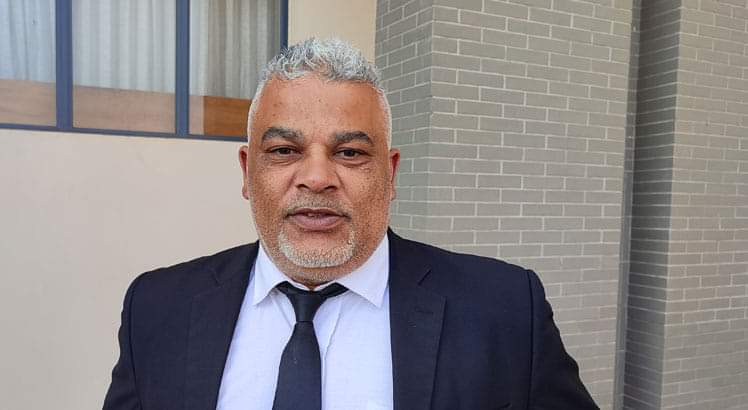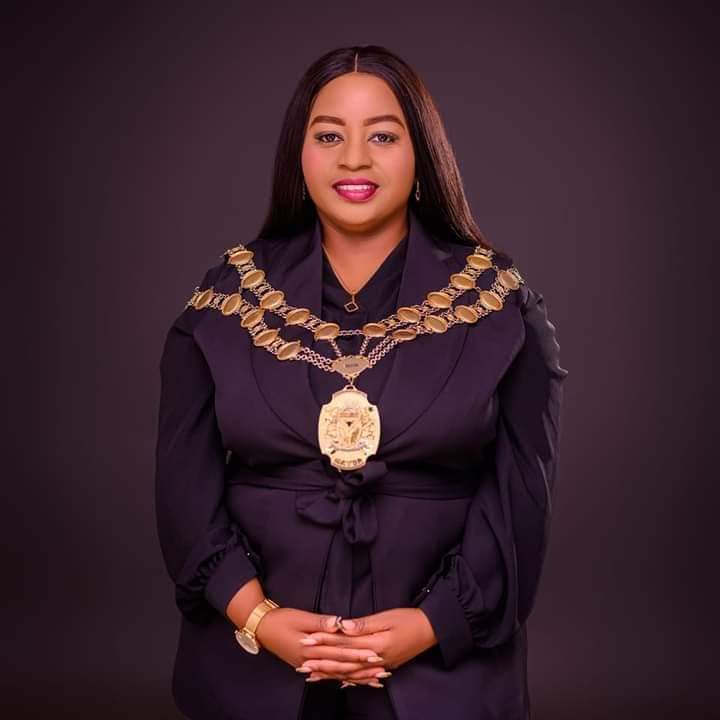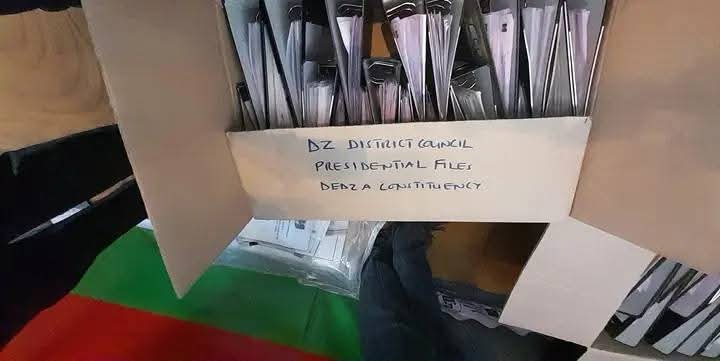By Burnett Munthali
Last week, Sameer Suleiman, a member of the opposition Democratic Progressive Party (DPP), raised concerns about the National Oil Company of Malawi (Nocma) after it sought a ‘No Objection’ from the Public Procurement and Disposal of Assets Authority (PPDA) for the single-sourcing of 100,000 metric tonnes (MT) of fuel from a United Arab Emirates-based supplier. However, the PPDA rejected the request, prompting scrutiny of the government’s procurement processes.
The rejected fuel deal adds to the growing conversation around transparency and accountability in Malawi’s fuel sector. Suleiman, known for his vocal stance on government matters, highlighted the irregularities in the proposed arrangement, calling for more oversight.
Now, a new fuel deal has emerged involving the Ministry of Transport and Public Works, which is in the process of procuring 60,000 MT of fuel. Of this amount, 40,000 MT will be sourced from G.E.T Global, with Nocma acting as the ministry’s agent in the transaction. This latest development raises further questions about the role of Nocma in managing fuel procurement, particularly following the controversy surrounding the rejected bid.
Critics, including Suleiman, have expressed concerns about the lack of transparency in these fuel deals. They argue that single-sourcing large quantities of fuel without competitive bidding could compromise fair pricing and accountability in the process.
With the nation already facing fuel shortages and price hikes, the spotlight is now on Nocma and the Ministry of Transport and Public Works to ensure that all procurement practices are above board. Malawians are eager for a resolution that prioritizes transparency and the responsible management of public resources.
As these fuel procurement controversies unfold, it remains to be seen how the government and relevant authorities will respond to the mounting calls for more transparent and competitive processes.




